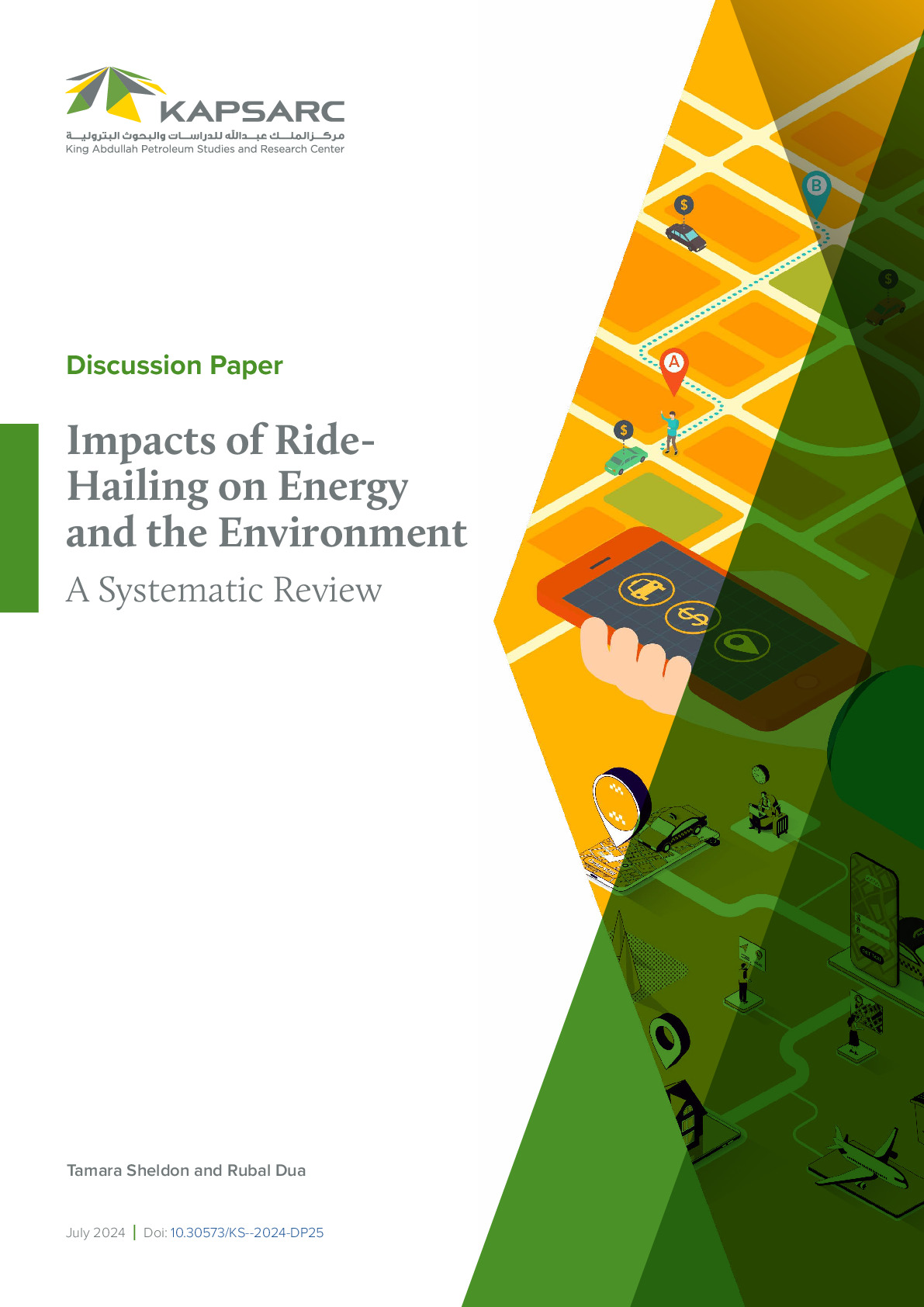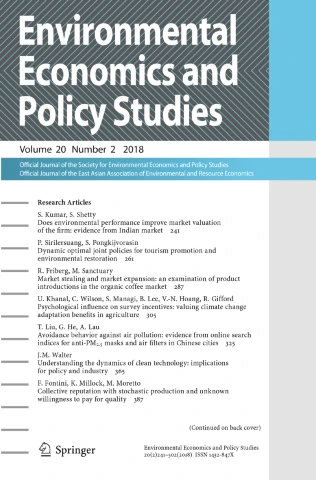China, the world’s largest emitter of carbon dioxide, has set ambitious climate goals. These include reducing the carbon intensity of its 2005 gross domestic product (GDP) by 40-45% by 2020 and by 60-65% by 2030 (Xu, Chen, and Chen 2017). A key component of the country’s overall plan to reduce its carbon emissions is its New Energy Vehicle (NEV) policy. Battery electric vehicles (BEVs), which run solely on electricity, and plug-in hybrid electric vehicles (PHEVs), which run on electricity and gasoline or diesel, are a major component of China’s NEV policy and market. The policy is aimed at increasing the market shares of BEVs and PHEVs. It is as much a tool to help reduce carbon emissions and local air pollution as it is an industrial policy to help China leapfrog other countries in the plug-in electric vehicle (PEV, which includes both BEVs and PHEVs) manufacturing space. Japan, Germany and the United States (U.S.) continue to be leaders in internal combustion engine vehicle (ICEV) manufacturing, and China sees PEV manufacturing as a way to propel itself forward in the automotive manufacturing sector.
PEV subsidies are one of the most commonly used policy levers for encouraging PEV purchases globally, including in China. They reduce the high up-front purchase price of PEVs relative to comparable ICEVs, one of the major barriers to PEV adoption. Since 2009, PEVs qualify for substantial rebates (up to US$9,000) from both the central and local Chinese governments (ICCT 2017a; Hancock 2019). Furthermore, in several big cities such as Shanghai and Shenzhen, PEVs are exempt from new vehicle registration fees (ICCT 2017b). These PEV support policies have led to significant PEV market share growth in recent years, with PEVs accounting for more than 4% of new vehicle sales in 2018 (IEA 2019). However, PEV subsidies are scheduled to be cut from June 26, 2019 (Kharpal 2019) by roughly 45% to 60% (Hancock 2019; Kharpal 2019).




